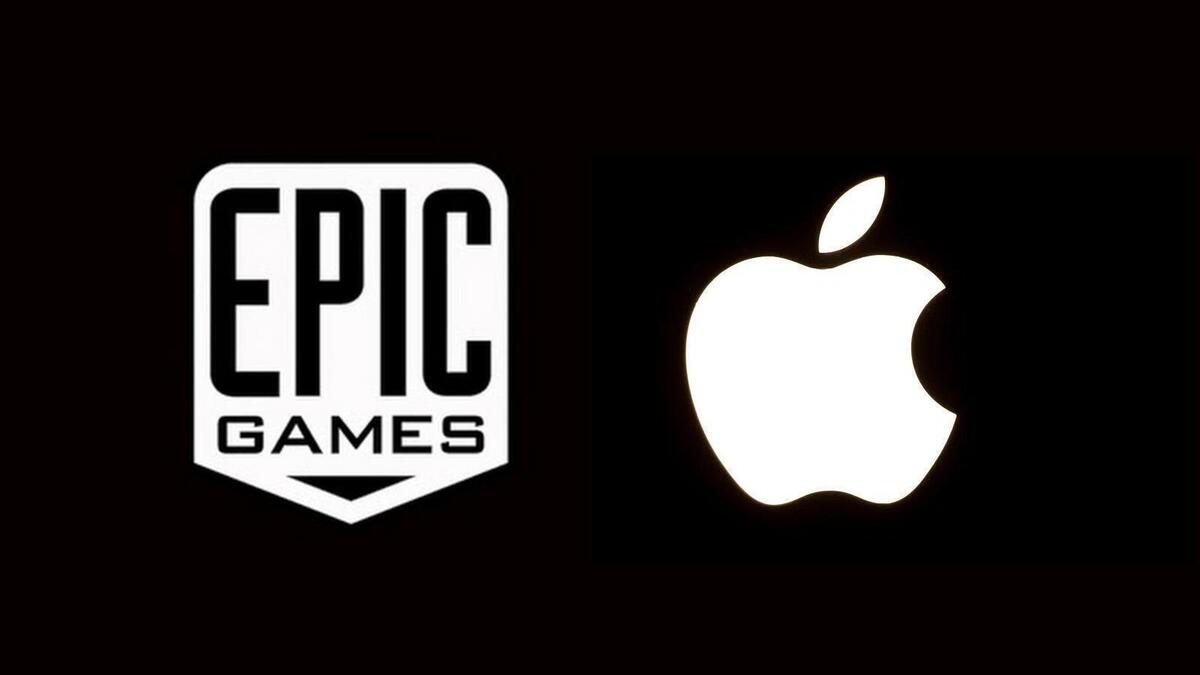When it comes to Apple’s commission on App Store sales, the question has always been pretty simple: “How much?”
What happened?
The US Supreme Court decided not to hear appeals from either Apple or Epic Games following a lengthy and expensive court battle. Apple has now been forced to revise its App Store policies, giving developers selling products through the US App Store the right to add links to external payment platforms.
- Apple’s guidelines say developers will have to agree to regular audits and reporting and must still pay Apple a percentage of the transaction.
- That percentage has been set at 27% for developers earning a million dollars or more per year via the store. The majority of developers will pay less: 12%.
- They must also offer Apple’s payment system as an option besides their own.
This is not a great outcome for Epic Games, and CEO Tim Sweeney has vowed to fight the fee through the courts. The decision is essentially is an extension of a similar settlement Apple reached in the Netherlands.
What this means, really
In reality, this is what most of the arguments concerning App Store commissions was all about. Apple wanted to charge the most successful developers 30%, and while most pay only 15% and many apps are distributed at no charge, people began to call this the “Apple Tax.”
That may not have been an entirely fair depiction; industry watchers noted that even in high street retail, most big brands charge fees to carry and sell stock, and there are plenty of digital stores that also charge commission, including Epic’s own, which charges 12% on sales.
It seems clear then that the right to request a slice of sales income on the platform was never really in doubt – the only question is how high that fee should be. Should it be 30%? 15%? Zero?
After years in the courts, we are no closer to an answer. It is at least instructional that Epic Games remains unprofitable despite charging 12% commission on the games it sells through its own store. This makes it easy to think that running an online store at that level of commission is not sustainable.
In the background
Epic began its campaign to offer up its services via Apple’s stores and make money from customers purchasing its own digital products without giving Apple a slice of that income years ago.
Its campaign generated a torrent of media coverage, spawned numerous lawsuits worldwide, and helped kick-start a wave of regulation to constrain the larger company’s business practices.
Much of this remains to take effect, while in Europe one side-impact of Epic’s campaign will be support for sideloading of apps on Apple devices in the EU. We must wait and see how that goes.
Closer to the heart
Even now, when it has been forced by the US Supreme Court to permit developers to offer up digital products for sale via their own payments service (rather than Apple’s), Apple is insisting on a commission of 27% and 12%.
Naturally, those who have spent millions challenging Apple on this are upset. Epic Games CEO Tim Sweeney says Apple is acting in “bad faith.”
How much is fair, reasonable, and sustainable for any digital retailer to charge for the right to sell digital stock through virtual shelves? More to the point, what would be the implications of a court deciding such a figure? And would that decision translate into a globally agreed limit on sales commissions and profitability?
I think these questions are the core of all of this, and I really don’t think many in this planet’s current crop of heavily lobbied politicians have the appetite to answer them.
After all, any precedent set might also challenge notions of business profitability in a wider sense. Though we may yet see some surprise from Dutch regulators who are challenging this.
Please follow me on Mastodon, or join me in the AppleHolic’s bar & grill and Apple Discussions groups on MeWe.
Copyright © 2024 IDG Communications, Inc.
This story originally appeared on Computerworld

